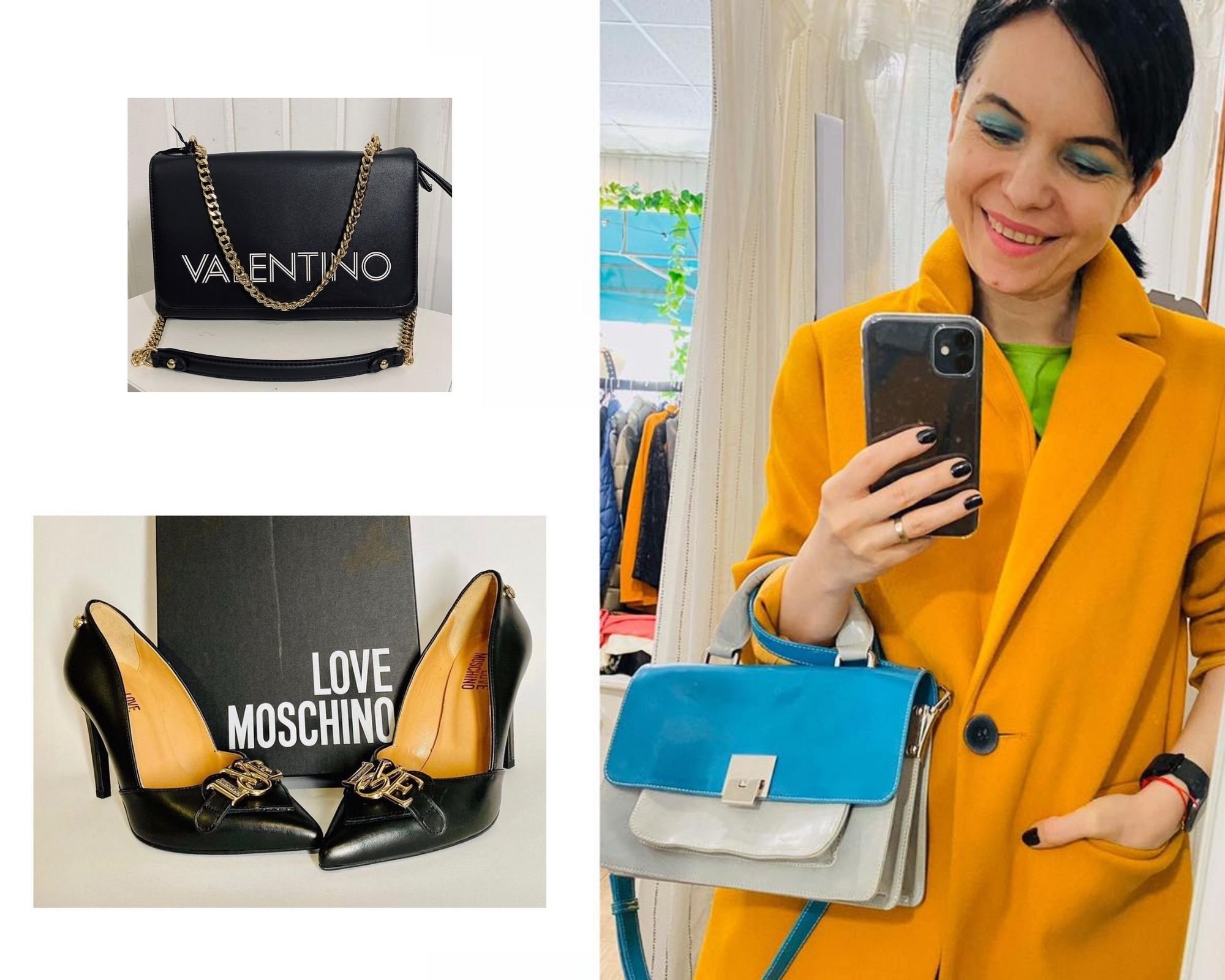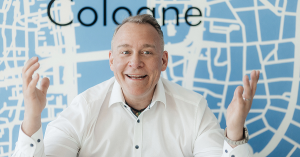Garderoba Infinita, or the Infinity Wardrobe, is an activist project that targets women who buy clothes that they don’t wear and practice swapping items with their friends. Fashion consumerism has led the population to buy fast and wear only 20% of their clothes. In 2018, the brand seized the opportunity to develop a circular fashion startup, where pieces are resold or lent to buyers who aren’t looking to contribute to traditional fashion.
“‘Circular fashion’ can be defined as clothes, shoes or accessories that are designed, sourced, produced and provided with the intention to be used and circulate responsibly and effectively in society for as long as possible in their most valuable form, and hereafter return safely to the biosphere when no longer of human use.” Anna Brismar coined the term back in 2014.
Two entrepreneurs, Adriana Ancuta and Andreea Cartu co-founded the circular fashion startup Garderoba Infinita in Bucharest, Romania, in 2018. This step came after collaborating on other new media and fashion-related projects a decade before the launch of the conscious fashion startup. They didn’t rush into the project; they researched and Adriana Ancuta was part of the Impact Startup Factory.
“Any startup is playing against the odds. You know from the start that only 1 out of 10 startups will survive in the long run. With that in mind we tried from the very first day to maximize our chances, with our first investment received in the very early stage of our startup from an angel investor,” states Adriana Ancuta, co-founder of Garderoba Infinita.
How does Garderoba Infinita work?
Clients send over photos of the pieces and the first phase of approval begins. When the products are sent over at the headquarter, the team curates everything. After the second phase, an affordable price is established and everything is uploaded online.
Then, the circular economy cycle begins.

When the client receives the piece, the seller gets the fee, and Garderoba Infinita a cut. The team’s focus has been on B2C communities that end up becoming B2B in time. Vendors aren’t sellers; they become partners. This strategy builds loyal communities and creates trust while lowering acquisition costs.
“We are happy that our community is increasing organically, meaning that we are in the right place at the right moment. Do we save the planet? No. Do we make a change regarding the way women do shopping towards responsible and circular consumption? Totally YES. And that provides us enough energy to keep ourselves on the journey,” shares Adriana.
Garderoba Infinita – from 2018 to 2021
Garderoba Infinita began online with pieces from the founder’s wardrobe. These were auctioned with the help of the Instagram community. During the last three years, the startup’s fee was 35% of the price established with the seller, but the rule was that it wouldn’t go beyond 10 euros per piece.
Garderoba Infinita has put into the eCommerce circuit over 4500 outlet products. More than 350 vendors opened their passive wardrobe and shared pre-owned brand pieces with labels or worn once. The team has brought in collaborators from the Romanian designers’ market for an exchange of awareness.
In 2019 Garderoba Infinita had a turnover of 100.000 euros. With the aid of their first finance opportunity, the project moved forward developing offline. The startup was increasing its revenue 6 times, they were ready for a new investment round that would move the project nationally, but the pandemic made the consignment process impossible.
“Startups are capable of bootstrapping in their third year, but in my opinion, they only have to accept slower pace growth. Instead of focusing on exponential growth, the priorities are now sustainability of the business model and profitability. We still keep in mind the scaling plans but we will do it most probably with our own resources, even if that will imply more time.” tells Adriana to The Recursive.







